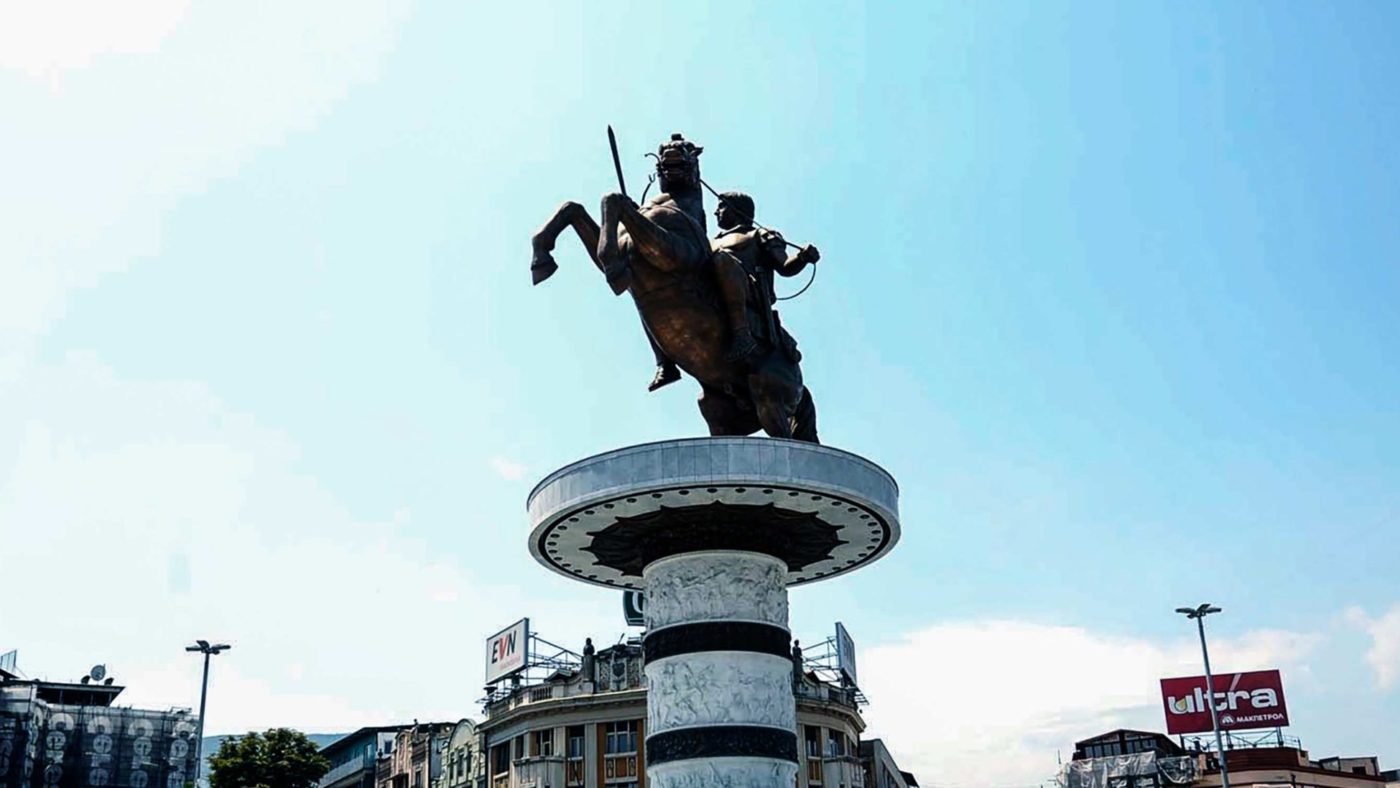Imagine the following scenario: Your name is Harry. Your neighbour’s son is also called Harry. The name Harry means a lot to your neighbour, and so he insists that only his son should be called Harry. He asks you to change your name. Until you do so, he warns, he and his friends will make life difficult for you.
This absurd scenario is, roughly speaking, the position Macedonia finds itself in. Greece and Macedonia have been rowing about the latter’s name ever since 1991, when the Republic of Macedonia – or, as it has also been called out of politeness to Greece, the Former Yugoslav Republic of Macedonia (FYROM) – gained independence. Greece has continuously argued that the FYROM should not be allowed to be called Macedonia, vetoing it from entering the EU and NATO until it chooses a different name.
However, a breakthrough in this bizarre disagreement could be in store. Earlier this year, the two head of governments, Greece’s Alexis Tsipras and RYROM’s Zoran Zaev, agreed to a resolution that set the two countries on a path to friendlier terms.
Crucial to this breakthrough was Macedonia agreeing to be renamed North Macedonia, and Greece opening the door to North Macedonia’s entry into the EU and NATO.
This Sunday, Macedonians (as we can call them for now) will go the polls to decide whether they are ready for a name change. Voters are expected to back the change, at which point only a two-thirds majority in parliament will be needed to complete the change.
To understand the name dispute between the two countries, one needs to go back to Alexander the Great. Both sides invoke the King of Macedonia in the third century BC when they claim the name for themselves. Greece’s most northern province, Macedonia, was where Alexander was from. Greeks argue that the people living there have the unique right to be called Macedonians. The Republic of Macedonia meanwhile argues that this cannot be true, since the people residing on this land are ethnically completely different today to those living there two millennia ago. Instead, they are the direct genetic heirs of the King.
Whatever the truth about ancient history, there has been a country since 1991 named Macedonia. And, at the same time, there is a Greek province called Macedonia. Only one side of the row takes umbrage at this state of affairs. Greece argues that the Republic’s choice of name could lead to territorial claims over northern Greece later on, however unlikely that seems. When the Republic dared to erect statues of Alexander the Great in its capital, Skopje, Greece accused the neighbours of “cultural appropriation.”
The agreement reached — and being voted on this weekend — is a political risk for both sides. Greek Prime Minister Tsipras already survived a no-confidence vote over it this summer, but the likelihood of Syriza gaining steam ahead of next year’s elections has certainly not improved. The opposition party Nea Dimokratia is adamantly opposed to the deal, insisting that Macedonia cannot appear in the new name at all.
As for Macedonia, a no vote on Sunday would mean a considerable amount of political turmoil. This is perhaps why the new name has magically vanished from the ballot for the referendum on that very name change. The question says instead: “Do you support EU and NATO membership by accepting the agreement between Republic of Macedonia and Republic of Greece?”
Of course, the possibility of finally be able to join the European Union is alluring to many in Macedonia – and it is the main reason why the agreement will probably find enough support. Joining the EU would give the newly minted North Macedonia access to the common market, and perhaps more importantly for the electorate, freedom of movement across the continent.
As for the EU, there is little reason to think that Macedonia would be a valuable member to the union – at least for now. It would be a stretch to talk of the proper rule of law in the country. Corruption is rife. The move might serve as yet another reminder that ever-more enlargement is not the solution to the EU’s woes.
One thing, however, is certain: taken hostage by its powerful neighbour for decades, the country probably needs to change its name. One country argued there could be two Harrys. The other said there could only be one. With the silent support of the international community, the latter seems to have won the bitter row.


